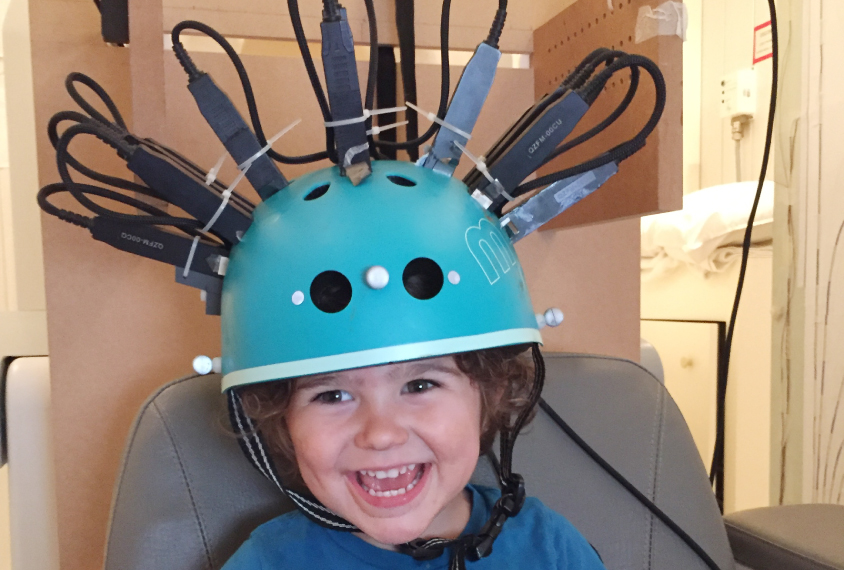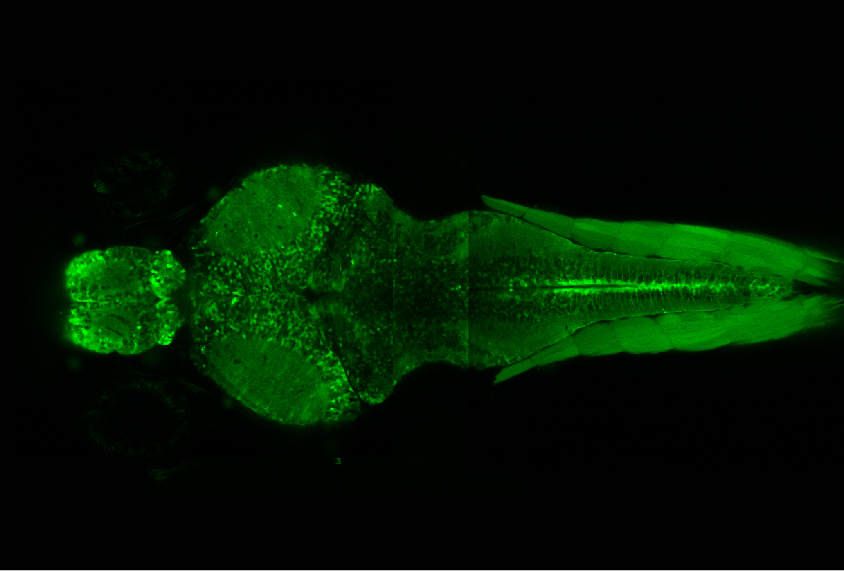Princess Ojiaku
From this contributor
Modified bike helmet scans brains of people in motion
A magnetic scanner fitted within an ordinary bicycle helmet may make it easier to visualize autistic children's brains.

Modified bike helmet scans brains of people in motion
Zebrafish show true colors as models for autism sleep studies
Sleeping zebrafish show two patterns of neuronal activity that are analogous to those in people.

Zebrafish show true colors as models for autism sleep studies
For autistic adults, a hospital stay carries high risk of death
Adults with autism are nearly 50 percent more likely to die in the hospital than their typical peers.

For autistic adults, a hospital stay carries high risk of death
Explore more from The Transmitter
Dendrites help neuroscientists see the forest for the trees
Dendritic arbors provide just the right scale to study how individual neurons reciprocally interact with their broader circuitry—and are our best bet to bridge cellular and systems neuroscience.

Dendrites help neuroscientists see the forest for the trees
Dendritic arbors provide just the right scale to study how individual neurons reciprocally interact with their broader circuitry—and are our best bet to bridge cellular and systems neuroscience.
Two primate centers drop ‘primate’ from their name
The Washington and Tulane National Biomedical Research Centers—formerly called National Primate Research Centers—say they made the change to better reflect the breadth of research performed at the centers.

Two primate centers drop ‘primate’ from their name
The Washington and Tulane National Biomedical Research Centers—formerly called National Primate Research Centers—say they made the change to better reflect the breadth of research performed at the centers.
Post-infection immune conflict alters fetal development in some male mice
The immune conflict between dam and fetus could help explain sex differences in neurodevelopmental conditions.

Post-infection immune conflict alters fetal development in some male mice
The immune conflict between dam and fetus could help explain sex differences in neurodevelopmental conditions.